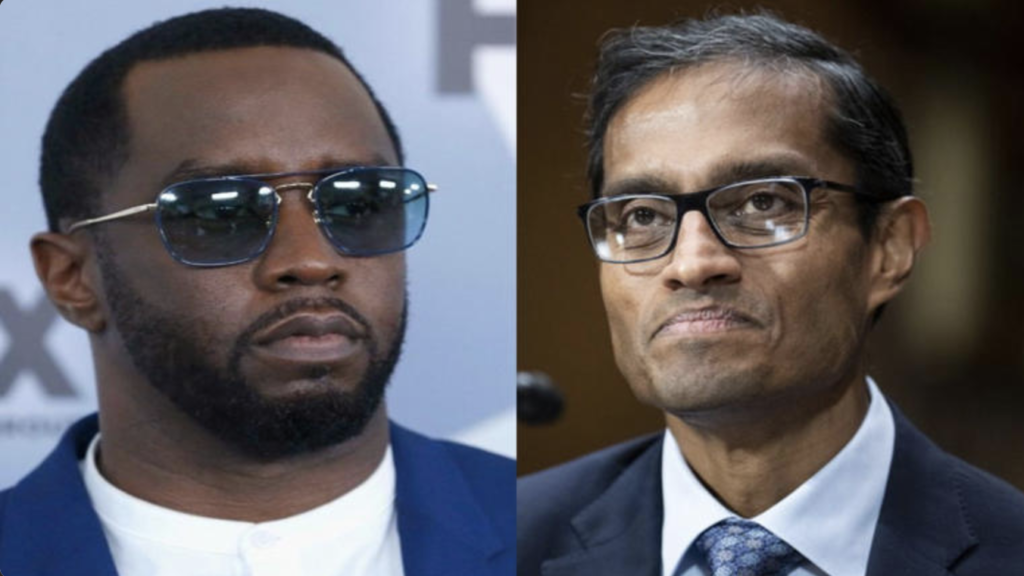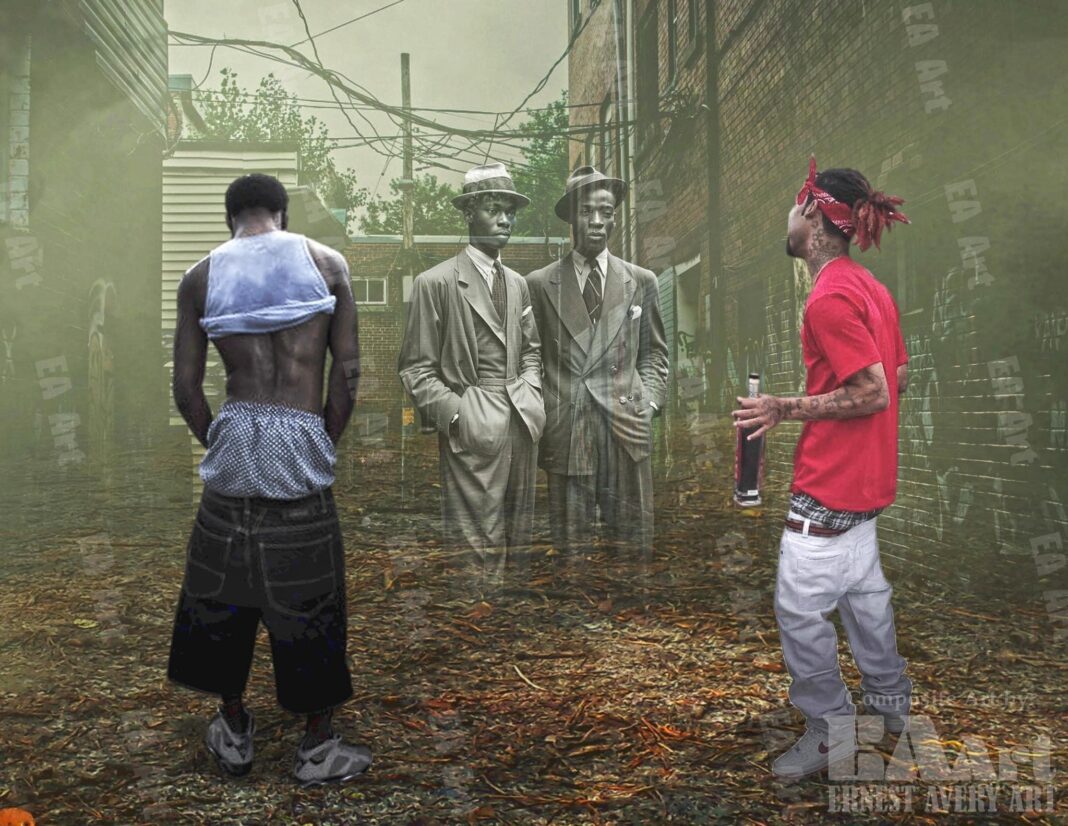Victims Find Joy in Justice, While Allegations Paint Grim Picture: **
By Relentless Aaron
It’s official: Sean ‘Diddy’ Combs has been denied bail once again. As we enter the holiday season, the families of Combs’ alleged victims are finding a measure of peace in the knowledge that the man they accuse of unimaginable abuses will remain behind bars, unable to reunite with his own family for Thanksgiving. For these families, justice may be slow, but today, it took a step forward.
Diddy, the once-celebrated rapper and music mogul, has been incarcerated since his arrest in September at the Metropolitan Detention Center in Brooklyn, facing charges that range from racketeering and sex trafficking to kidnapping and obstruction of justice. Today, Judge Arun Subramanian, overseeing the case, issued a ruling that has made headlines: Combs will not be released on bail. This is the third time the court has denied such a request, further solidifying the grim reality Combs now faces.
For many of Combs’ alleged victims, this decision is more than just a legal victory—it’s a form of vindication. Women who have waited years for justice now see the power that Combs wielded begin to unravel before their eyes. Cassandra Ventura, the first of the many survivors to come forward, has been particularly vocal about finding hope in the continued detention of her former abuser. The shadow of Diddy’s influence is fading, and with it comes an air of relief that echoes among his victims.
Judge Subramanian’s ruling laid bare the factors leading to this decision. He evaluated the nature and circumstances of Combs’ charges, the weight of the evidence against him, his history and characteristics, and the potential danger his release could pose to the community. Notably, Subramanian’s conclusions were in alignment with previous judges, asserting that “no condition or combination of conditions would reasonably assure the safety of the community.” The weight of clear and convincing evidence pointed to the conclusion that Sean Combs was, simply put, too dangerous to be released.
One of the most damning pieces of evidence against Combs, highlighted by the prosecution and considered by Judge Subramanian, is the 2016 video showing Combs purportedly assaulting his ex-girlfriend, Cassandra Ventura, in a hotel hallway. This footage—widely broadcast by CNN—depicts a chilling act of violence that has become a cornerstone of the prosecution’s argument. Accompanied by text messages from Ventura, where she described “a black eye and a fat lip,” the court found ample evidence of Combs’ penchant for coercion and abuse.

The accusations, however, go far beyond isolated incidents of violence. Prosecutors painted the portrait of a criminal empire built on intimidation, control, and outright brutality—one in which Combs used employees, resources, and influence to coerce victims and conceal his conduct. This “enterprise” was allegedly involved in sex trafficking, forced labor, arson, bribery, and obstruction of justice, making it clear to the judge that the dangers were systemic, not sporadic.
Adding to this picture of manipulation and coercion were allegations of witness tampering. Judge Subramanian highlighted evidence of Combs attempting to communicate with Witness One, even after she had testified before a grand jury in July 2024. Despite his legal team’s attempt to explain away these communications, the judge found these efforts suspicious at best, and deliberate acts of tampering at worst.
In his ruling, Judge Subramanian referenced Combs’ numerous violations of prison rules while in pre-trial detention. It’s alleged that Combs used other inmates’ phone accounts, private messaging services, and unauthorized three-way calls to communicate with those on the outside—including potential witnesses. These infractions, though seemingly minor, carry weight when seen in the context of an individual already accused of obstruction and tampering. They suggest an unwillingness to respect the law, even while under strict supervision.
The defense’s proposed bail package—which included a $50 million bond, home confinement, a private security detail, and no phone or internet use—was rejected by the judge as insufficient. Judge Subramanian expressed deep concerns that any security team privately employed by Combs would be susceptible to manipulation, noting the near impossibility of ensuring such individuals would not also be influenced by Combs’ wealth and power.

In comparing this case to others, Judge Subramanian notably distinguished Combs’ situation from that of former Abercrombie & Fitch CEO Mike Jeffries, who was recently released on bail while facing federal sex trafficking charges. The judge emphasized the violent nature of the charges against Combs and his established history of coercion, in contrast to Jeffries’ circumstances. Ultimately, the court’s stance was firm: Combs’ dangerousness, coupled with his actions while in detention, made him ineligible for release.
With bail denied for the third time, Combs’ legal team now has only one remaining option: an appeal to the Second Circuit Court of Appeals. They had previously filed an appeal but chose to put it on hold, hoping to convince Judge Subramanian of their case. That attempt has now ended in failure.

The voices of Sean Combs’ alleged victims—long silenced, overshadowed by his fame and influence—are finally being heard in the court of public opinion, and now in the halls of justice. As the proceedings against him continue, there is a growing sense of collective relief among those who claim to have endured his reign of terror.
Justice, at least for now, has found its footing. And with Combs behind bars, unable to skirt the rules or intimidate those who would testify against him, his victims are finally beginning to breathe a sigh of relief. Thanksgiving may look different for Sean Combs this year, but for the countless individuals who’ve long waited for accountability, this holiday season carries the first taste of justice—a long-overdue acknowledgment that no one, not even the rich and powerful, is above the law.





